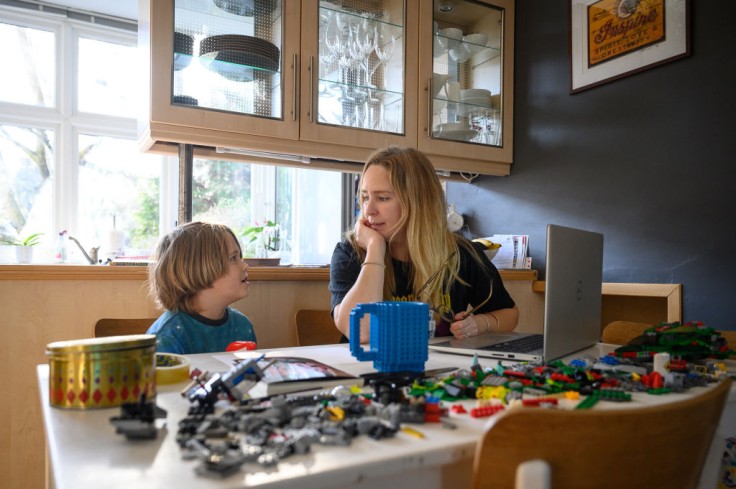
In recent years, the concept of homeschooling has gained significant popularity as an alternative to traditional education.
The ability to tailor curriculum, provide a more flexible schedule, and create a personalized learning environment are just a few reasons why many families are considering homeschooling.
If you're intrigued by the idea of taking charge of your child's educational journey, you've come to the right place. This comprehensive guide will walk you through the essential steps of how to start homeschooling, enabling you to embark on an enriching educational adventure.
How To Start Homeschooling
1. Research and Self-Evaluation:
Before diving into the world of homeschooling, take time to research and evaluate your motivations, goals, and capabilities. Understand why you want to homeschool and determine if your lifestyle and commitments align with this choice. Consider your teaching abilities, available time, and resources.
2. Familiarize Yourself with Local Laws:
Homeschooling regulations vary from region to region, so it's crucial to familiarize yourself with the laws in your area. Some states or countries may require you to notify the local education authorities or follow specific curriculum guidelines. Ensure that you are well-informed and compliant to avoid any legal issues.
3. Choose a Homeschooling Approach:
There are various homeschooling methods to choose from, including traditional, unschooling, Montessori, and more. Research these approaches and select the one that aligns with your educational philosophy and your child's learning style. Flexibility is one of the key advantages of homeschooling, so feel free to adapt and blend different methods as needed.
4. Set Clear Goals and Curriculum:
According to Homeschool.com, establish clear educational goals for your child's homeschooling journey. Determine what subjects you want to cover, the milestones you aim to achieve, and the resources you'll use. Many families opt for pre-packaged curricula, while others prefer to design their own based on their child's interests and needs.
5. Create a Structured Routine:
While homeschooling offers flexibility, having a structured routine is essential for maintaining consistency and productivity. Create a daily schedule that balances learning, breaks, and other activities. A routine provides stability and helps children understand what to expect each day.
6. Gather Resources:
As The Homeschool Mom reccommends, collect a variety of learning resources, including textbooks, online courses, educational apps, and hands-on materials. Libraries, museums, and local educational organizations can also provide valuable resources for enriching your child's learning experience.
7. Join Homeschooling Communities:
Connect with other homeschooling families through local support groups, online forums, and social media platforms. These communities can provide valuable advice, share experiences, and offer emotional support, making your homeschooling journey less isolating.
8. Embrace Flexibility and Adaptability:
According to the Verywell Family, one of the key benefits of homeschooling is the ability to adapt and tailor your approach to your child's changing needs. Be open to adjusting your methods, curriculum, and schedule as you discover what works best for your child's learning journey.
9. Document Progress:
Keep records of your child's academic progress, including achievements, projects, and milestones. This documentation can be useful for assessing their development and creating transcripts if your child decides to transition back to traditional schooling or pursue higher education.
10. Evaluate and Evolve:
Regularly evaluate your homeschooling approach and your child's progress. Be open to making changes and adjustments as you gain insights into what is effective and what needs improvement. Homeschooling is a dynamic journey that evolves over time.
Embarking on a homeschooling journey can be a fulfilling and rewarding experience for both you and your child. By following these steps on how to start homeschooling, you'll be equipped with the knowledge and tools to create a personalized, engaging, and effective educational environment.
Remember that homeschooling is a flexible and adaptive process that allows you to nurture your child's love for learning while fostering their intellectual growth and curiosity.
Related Article: Public School or Private School: Which One to Choose?